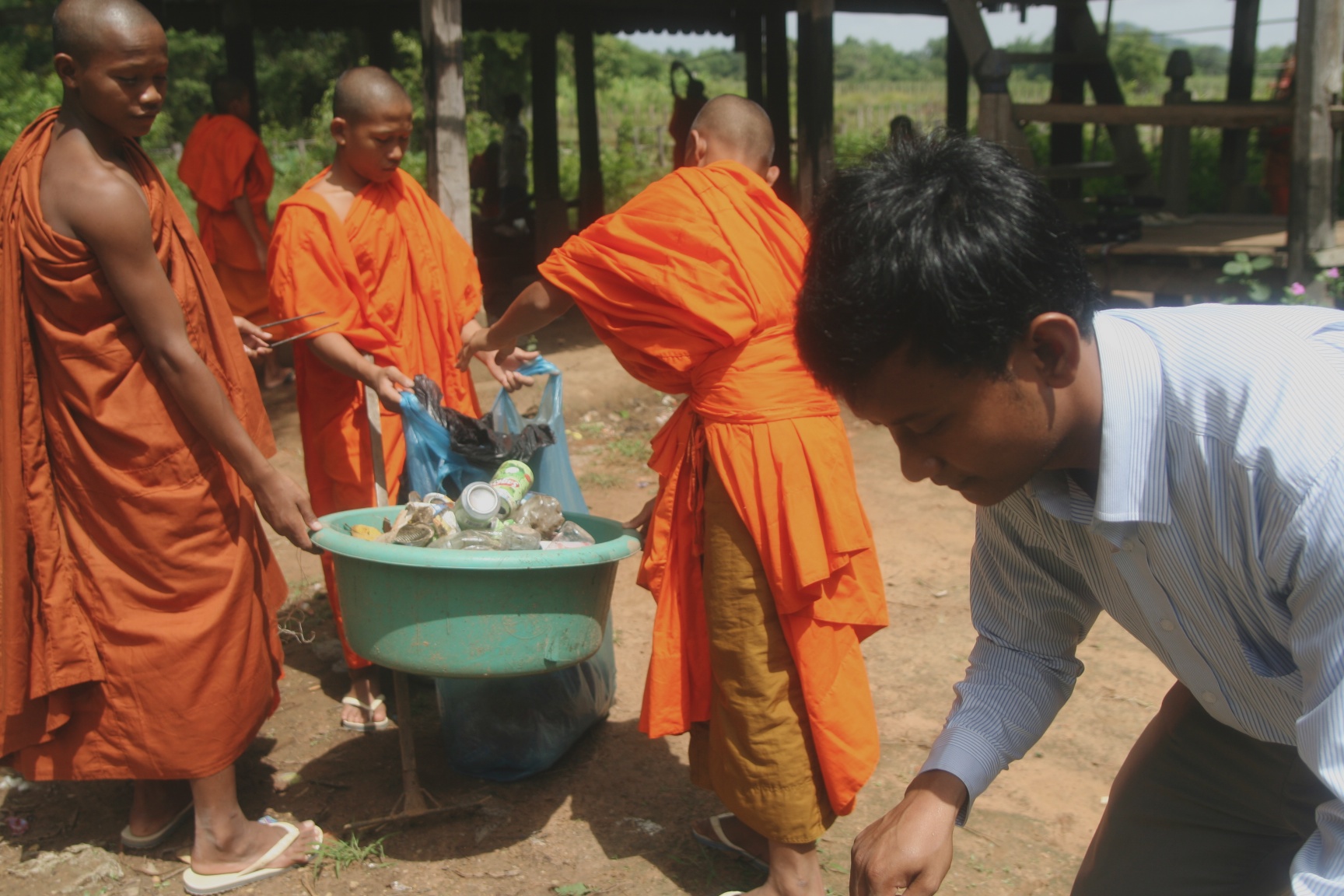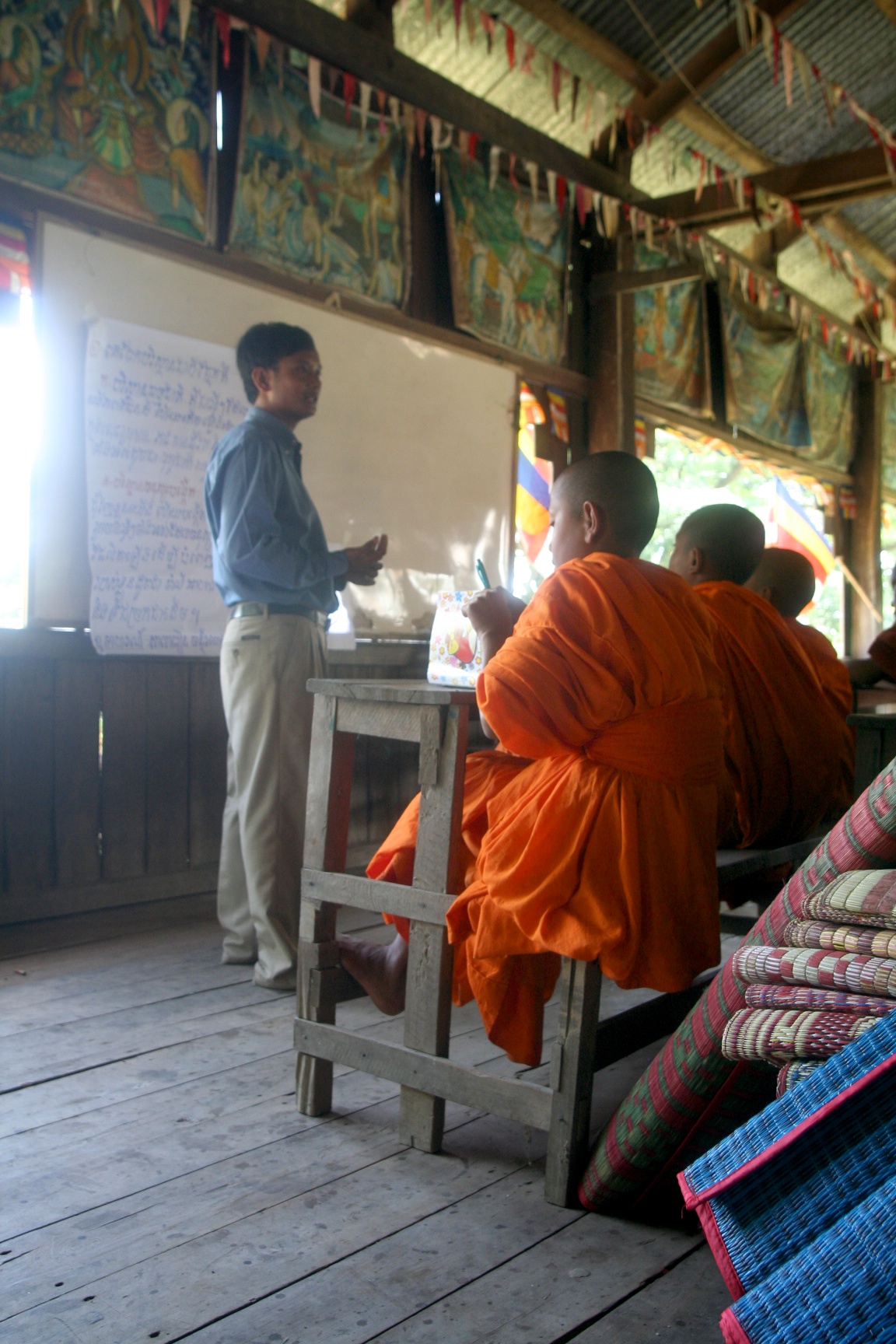Lately I am having conversations about development work, and development filmmaking and I reflect on the Buddha’s definitions of violence, unethical behavior, injustice in the world as the actions of people who are suffering and acting out of that suffering. It sometimes shakes us up to sense that Buddhists can be more concerned with the cause of those terrible things than the terrible things themselves. But where is the line drawn? In the film Crazy Wisdom, when a student asks Chogyam Trungpa what he thinks about the aggression in our world, Trungpa Rinpoche responds, “I want to talk about the aggression in this room!” (quoted from my memory) Is reflection, inward journey and confronting our own demons the starting point for confronting social issues?
Reflecting on the Mahayana concepts of Sunyata and the Bodhisattva ideal, self-cultivation happens in and through suffering in the world. Sometimes this happens in a quiet room sitting on a cushion. Sometimes it means holding steady and confronting something terrible in our world. There must be chances to practice every day at home or in the office or in the street.
I am learning about socially engaged Buddhism and how it brings our practice out into the world. It’s a messy world. And there’s a lot of dust in the air. But as a young Chan monk once told me, quoting his teacher, “we can only see a beam of light by the dust that floats in it.”
I’m reading an amazingly lucid book on Engaged Buddhism by a scholar named Ken Jones, entitled The New Social Face of Buddhism. It is inspiring me to think through my values as a filmmaker. In development filmmaking for example, like the films I make for NGOs here in Vietnam, I believe a film is as much for the beneficiary as it is for the audience. The issues calling for our attention in this world, the “problems” we need to fix, are as much the problems of the beneficiaries as they are ours. Because this world we live in is created by us all. Sometimes in ways so subtle we cannot see, we put into play actions that affect innumerable beings, creatures and landscapes of our world. I draw great inspiration from the writings of Joanna Macy who eloquently draws the complexities of our suffering planet, our suffering economies, our suffering societies… to the truth of Dependent Co-arising.
My films are only successful if they speak to the issue in a way that engages both the viewer and the viewed and sheds light on the universality of suffering. That’s why I say that film can be a bridge between us. That it is a platform for mutual respect and dignity.



